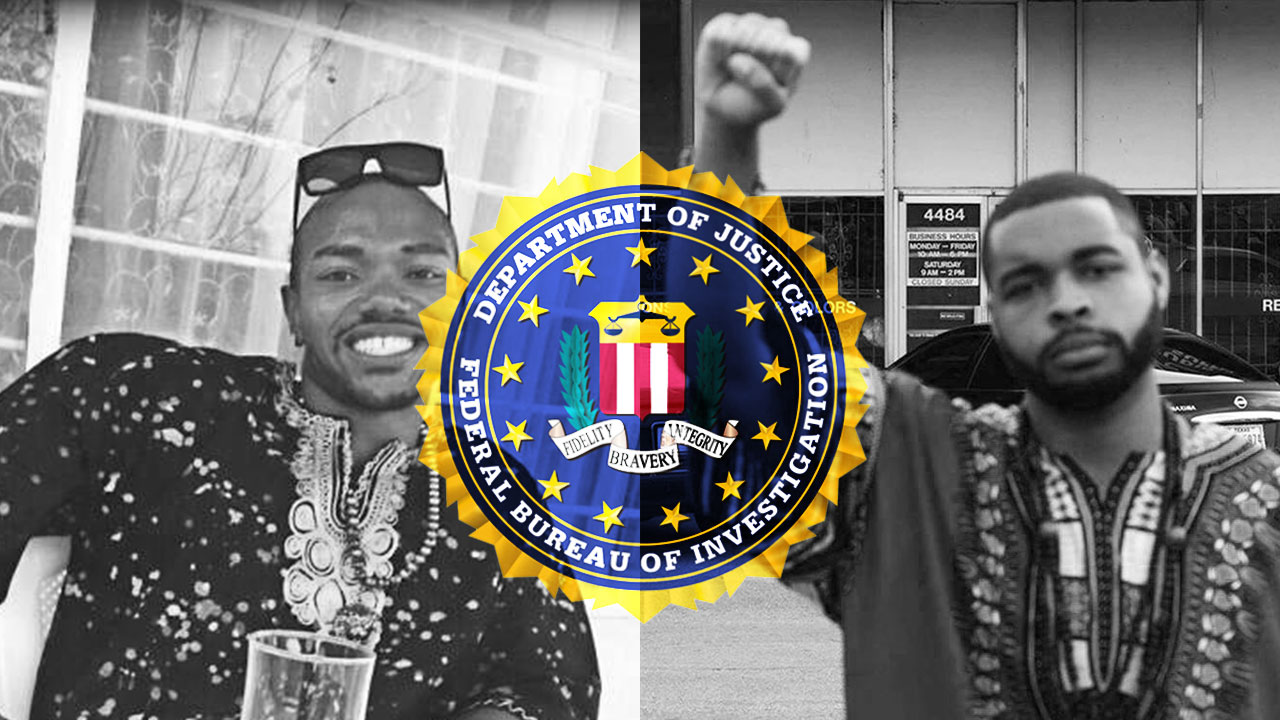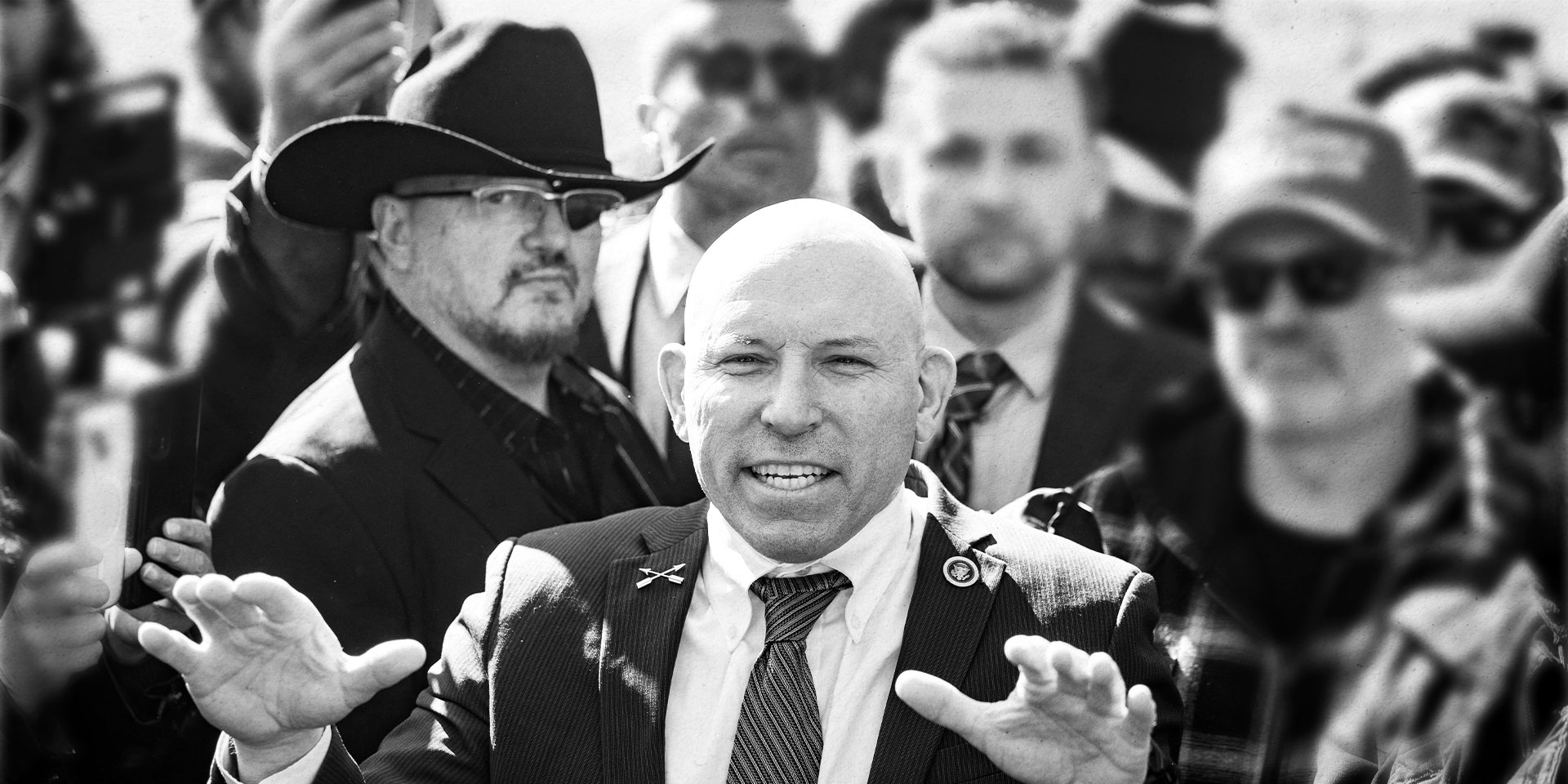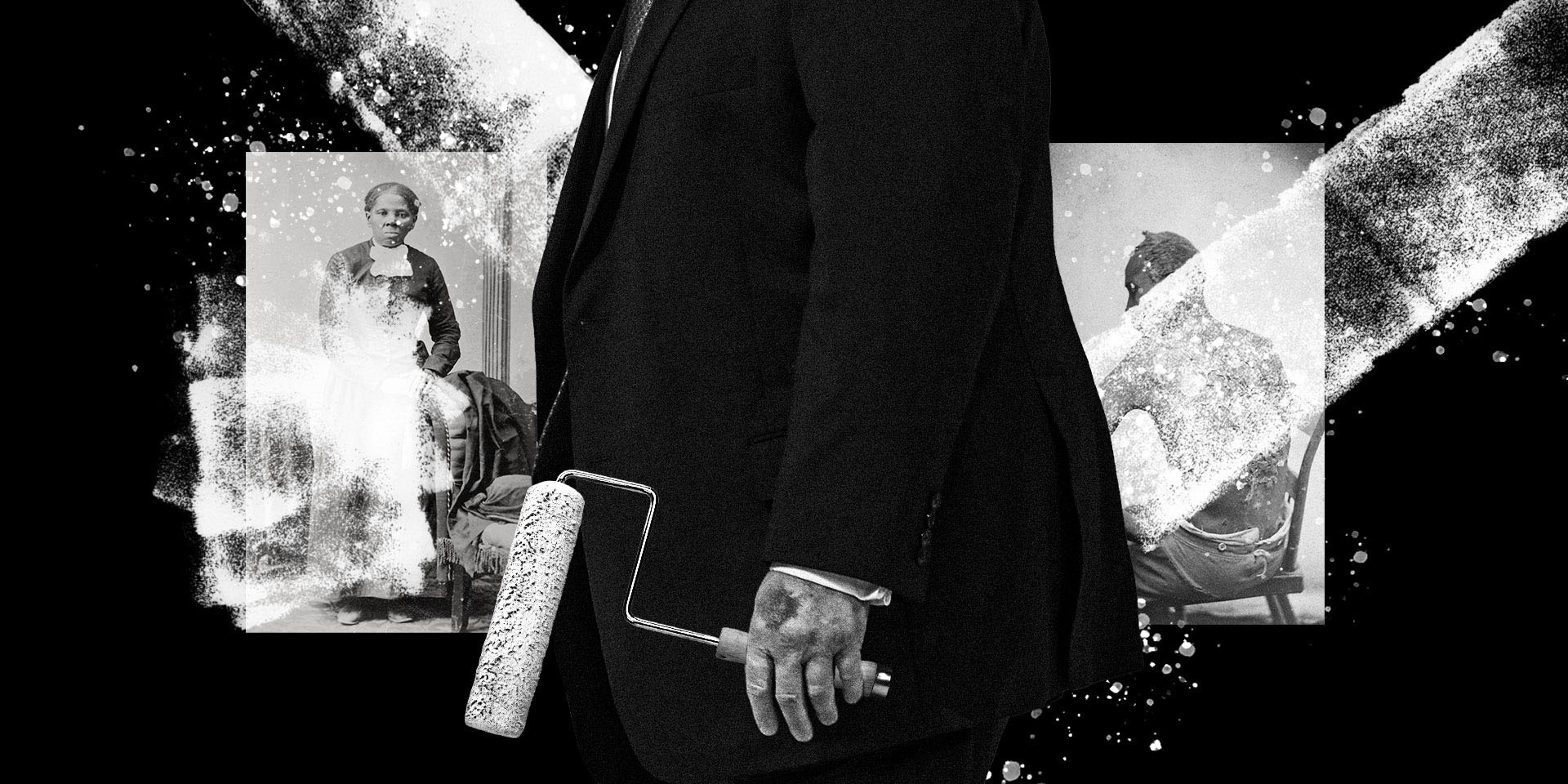As America continues to process the aftermath of white nationalist violence in Charlottesville, the nation’s premiere law enforcement agency appears to be focused on yet another emerging terrorist threat — Black Identity Extremists, or BIE.
In August, the Federal Bureau of Investigation’s (FBI) Counterterrorism Division released a law enforcement sensitive report entitled, “Black Identity Extremists Likely Motivated to Target Law Enforcement.” This report coincides with an SPLC article discussing the “Return of the Violent Black Nationalist,” also released in August. Last week, Foreign Policy published an exclusive article about this FBI report and the controversy it created. Foreign Policy also released a copy of the report.
Although both the FBI report and SPLC article warn of increased violence by black nationalists in response to incidents of perceived police brutality against African-Americans, the FBI exclusively is taking some heat from historians, academics and former government officials for creating the new “BIE” term. Non-government experts are citing a wide-range of concerns related to this report; ranging from civil rights issues to political bias to institutional incompetence. After reviewing the FBI report, the SPLC agrees with these outside criticisms.
In the FBI’s report, BIE is described as a conglomeration of black nationalists, black supremacists, and black separatists, among other disaffiliated racist individuals who are anti-police, anti-white, and/or seeking to rectify perceived social injustices against blacks. The FBI essentially merged these various black hate groups under one umbrella, giving it a new name, in the hopes of classifying these groups as an organized extremist movement. The SPLC does not endorse this unification characterization; rather, black nationalists are assessed as a loose-knit network of various hate groups, charismatic leaders, as well as unaffiliated individuals who may identify as black nationalists, but do not associate with black nationalist groups. The BIE term, however, is creating quite a stir due to its benign, confusing, and ethno-specific characterization. The SPLC objects to using the new term “black identity extremists” to describe violent black nationalists. It can be easily misconstrued as focusing on black activists (who are law-abiding and peaceful). Further, it may be offensive to those who merely “identify” themselves as “black” (due to their African heritage and ethnic pride) – equating such people to extremists.
Former U.S. government officials, academics, and legal experts point out that no such movement actually exists. Some claim coining the phrase “black identity extremists” may even be politically motivated. They say it might be a deliberate attempt by the Trump administration to divert attention away from the larger, more serious threat of white supremacists and other far-right extremists. Earlier this year, President Donald Trump changed the Department of Homeland Security’s “Countering Violent Extremism” (CVE) program to exclusively focus on Muslim terrorism at the expense of other viable terrorist threats. Trump also reportedly rescinded funding to CVE programs, such as Life After Hate, which are focused on countering violent white supremacy and inspiring individuals to leave hate groups.
Although Black Lives Matter is not specifically mentioned by name in the FBI report, BLM spokespersons have previously voiced concerns over possible FBI surveillance of their activities. And the BIE term likely gives them pause.
“There is a long tradition of the FBI targeting black activists and this [i.e. the new FBI report] is not surprising,” DeRay McKesson told Foreign Policy.
Mike German, a former FBI agent now working as a fellow for the Liberty and National Security Program and the Brennen Center for Justice, told Foreign Policy, “The use of terms like ‘black identity extremist’ is part of a long-standing FBI attempt to define a movement where none exists.”
Historians and academics further state that the new BIE phrase hearkens back to the FBI’s decades-long targeting of black civil rights activists as potential radicals during the 1960s and 1970s. Others also expressed privacy and civil rights concerns with using such a vague phrase as BIE.
David Garrow, a historian who wrote a Pulitzer Prize-winning biography of Martin Luther King, Jr., told Foreign Policy, “The FBI’s desire to identify a unifying ideological underpinning to what is often individual violent acts is not surprising.”
“Security agencies want to perceive a threat that is political, a threat that’s ideological,” Garrow also said, “but what we’re actually witnessing is men, almost entirely men, acting out in violent criminal ways and grasping at some chimera of political justification.”
The FBI reportedly defended its tracking of “black identity extremists,” to Foreign Policy stating that “the FBI cannot initiate an investigation based solely on an individual’s race, ethnicity, national origin, religion, or the exercise of First Amendment rights.” Nevertheless, the FBI’s new term can easily be misinterpreted to mean something more menacing.
No one will ever know if the FBI’s BIE report is representative of mere government incompetence, ethnic insensitivity, or devious political diversion. Regardless, the report’s underlying message of a rising violent black nationalist threat targeting law enforcement and white civilians has some merit. The mass shooting attacks in Dallas, Baton Rouge, Fresno, and Antioch (among others) clearly illustrate this point. Nevertheless, the FBI’s attempt to lump various, disparate black extremists together under one umbrella movement does not appear factual. And, it may actually inflate the threat from violent black nationalists at the expense of other, larger, and more serious domestic extremist movements within the U.S., such as white supremacy and sovereign citizens which number in the hundreds of thousands of members.






